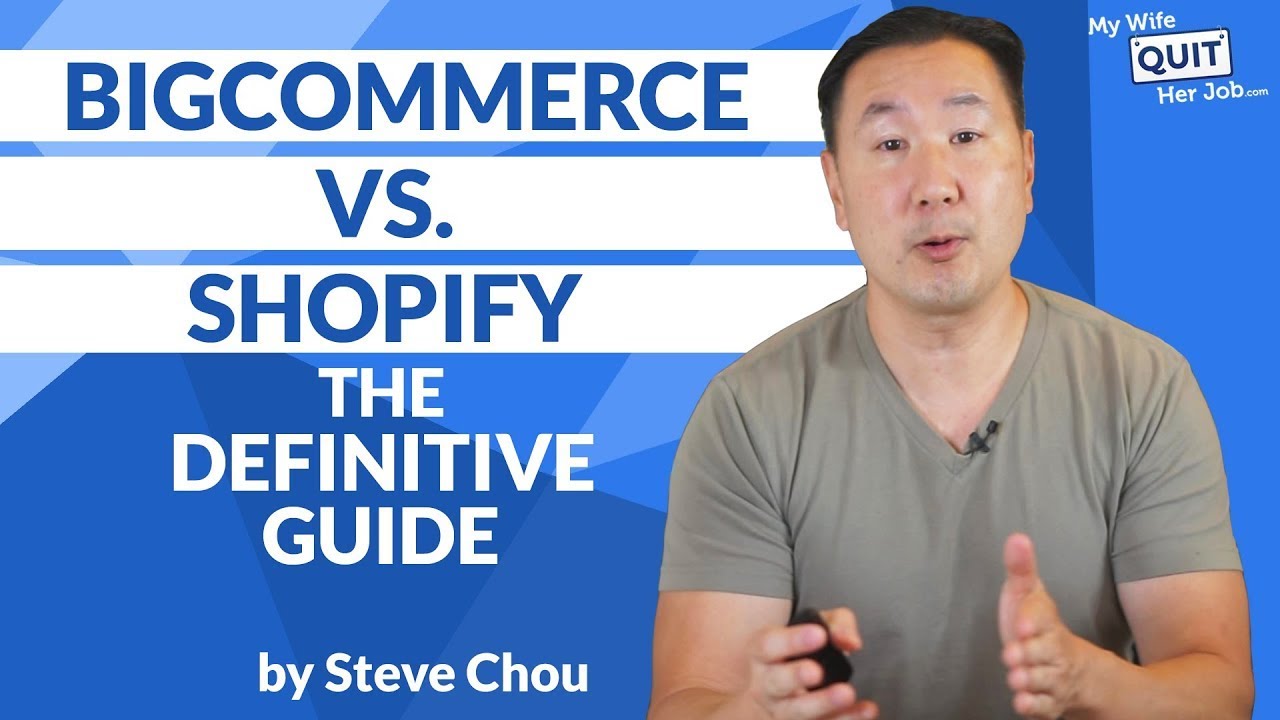Shopify vs BigCommerce: A Comparison of Popular E-commerce Platforms
Choosing an e-commerce platform is a big decision for any business. The two most popular options are Shopify and BigCommerce. Both platforms offer powerful features and support for online stores, but they also have some key differences. In this article, we’ll take a look at Shopify vs BigCommerce and help you decide which one is the right choice for your business.
Shopify
Shopify is a popular e-commerce platform that offers a wide range of features and tools to help you create and manage an online store. It has a user-friendly interface, allowing you to easily create a store from scratch or use one of the many available templates. Shopify also offers a range of plugins and apps that can help you customize your store and add new features. Some of the features included with Shopify are inventory management, payment processing, shipping, and customer support.
BigCommerce
BigCommerce is another popular e-commerce platform, offering a range of features and tools to help you create and manage an online store. It has a robust set of features, including inventory management, payment processing, shipping, and customer support. It also has an easy-to-use drag-and-drop builder that allows you to quickly create a store from scratch or use one of the many available templates. BigCommerce also offers a range of plugins and apps that can help you customize your store and add new features.
Shopify vs BigCommerce: Key Differences
Pricing
One of the key differences between Shopify and BigCommerce is pricing. Shopify offers a range of plans, starting at $29 per month and going up to $299 per month. BigCommerce offers four plans, ranging from $29.95 per month to $249.95 per month. The pricing for both platforms is based on the features and tools included with each plan.
Features
Another key difference between Shopify and BigCommerce is the features included with each platform. Shopify offers a range of features, including inventory management, payment processing, shipping, and customer support. BigCommerce also offers a range of features, including inventory management, payment processing, shipping, and customer support. However, BigCommerce also offers additional features, such as multi-channel selling, customer segmentation, and product reviews.
Ease of Use
Shopify and BigCommerce are both easy to use and have user-friendly interfaces. Shopify offers a range of templates and a drag-and-drop builder to help you create a store from scratch. BigCommerce also offers a range of templates and a drag-and-drop builder to help you create a store from scratch. However, BigCommerce also offers a more advanced set of features and tools, making it better suited for experienced users.
Conclusion
Shopify and BigCommerce are both popular e-commerce platforms that offer a range of features and tools to help you create and manage an online store. They both offer user-friendly interfaces and powerful features, but they also have some key differences. Shopify is more affordable and easier to use, while BigCommerce offers more advanced features and tools. Ultimately, the choice between Shopify and BigCommerce depends on your needs and budget.




